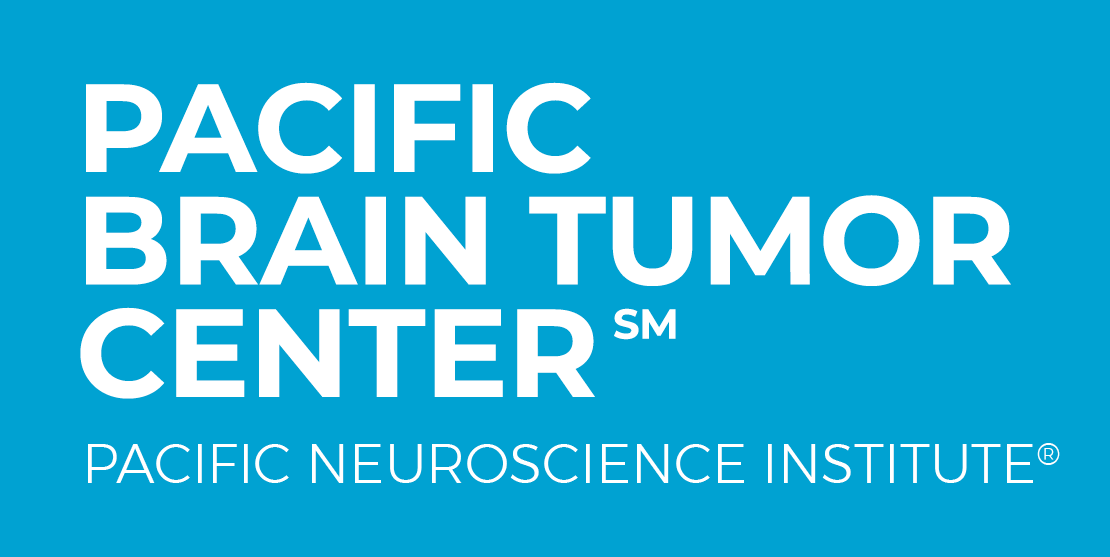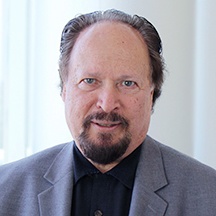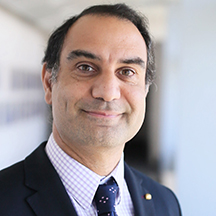Knowing Your Pineal Region Tumor Care is in the Right Hands
Superior Treatment for Patients with Pineal Region Tumors
As one of the most comprehensive brain tumor programs in the United States, the Pacific Brain Tumor Center at Pacific Neuroscience Institute (PNI) offers world-class expert care. Ranked in the top 1% of neurology and neurosurgery programs in the nation, our center’s compassionate multidisciplinary specialists provide advanced, personalized treatment while focusing on our patients’ quality of life.
Affiliated with award-winning Providence hospitals Saint John’s Health Center and Little Company of Mary, PNI neurosurgeons lead the way in advancing safer, more effective keyhole and minimally invasive endoscopic brain tumor removal approaches.
If you, a family member, or friend have a new diagnosis, require a second opinion, or have a brain tumor or skull base tumor recurrence, our expert physicians can help you understand your condition and determine an optimal treatment plan.
Think Brain Tumor. Think PNI.

Contact Us
For information about brain tumor treatment please complete the form below. We will respond to you within 12-24 hours. To speak with someone right away contact us at 213-855-2368.
Symptoms
Symptoms of these tumors/cysts can vary depending on their type and effect on the surrounding brain structures. Typical symptoms include headaches, particularly those that are worse lying down, coughing, or upon awakening.
Other findings include vision difficulties, double vision, concentration difficulties, memory impairment and altered states of consciousness.
Diagnosis
What do I do if I have these symptoms?
As the treatment(s) of these lesions vary greatly on the diagnosis, numerous tests may be necessary prior to surgery. Typical imaging studies include magnetic resonance imaging (MRI) or computer tomography (CT) scans of the brain. Specific high resolution MRI sequences can further characterize these tumors or cysts. The cerebrospinal fluid (CSF) may need to be analyzed via a lumbar puncture (spinal tap).
In specific situations, surgical biopsy may be necessary prior to definitive therapy. The most common pineal region tumors requiring treatment include pineocytomas, pineoblastomas, germinomas, teratomas, astrocytomas, ependymomas, papillary tumors and occasionally pineal cysts.
Treatments
In many cases, the pineal lesion may be a benign cyst that may be observed with serial MRIs. In certain scenarios with specific imaging and CSF findings, chemotherapy and/or stereotactic radiosurgery may be indicated. Most tumors, however, will require surgical debulking or resection. Given recent advances, this surgical approach is typically performed endoscopically using a high-definition surgical telescope through a small bony opening at the back of the head working above the cerebellum and below a dural structure called the tentorium.
Biopsies could also be performed endoscopically through the ventricles. In cases with hydrocephalus – fluid buildup – due to the tumor, endoscopic “bypass” of the fluid (endoscopic third ventriculostomy) or extracranial bypass (ventriculoperitoneal shunt) may be indicated. Occasionally, biopsies and “bypasses” can be performed in the same setting. In many cases, chemotherapy and/or fractionated stereotactic radiotherapy may still be necessary following surgery.
Our Physicians
Click on our award-winning physicians below to learn more about them:
Patient Experience
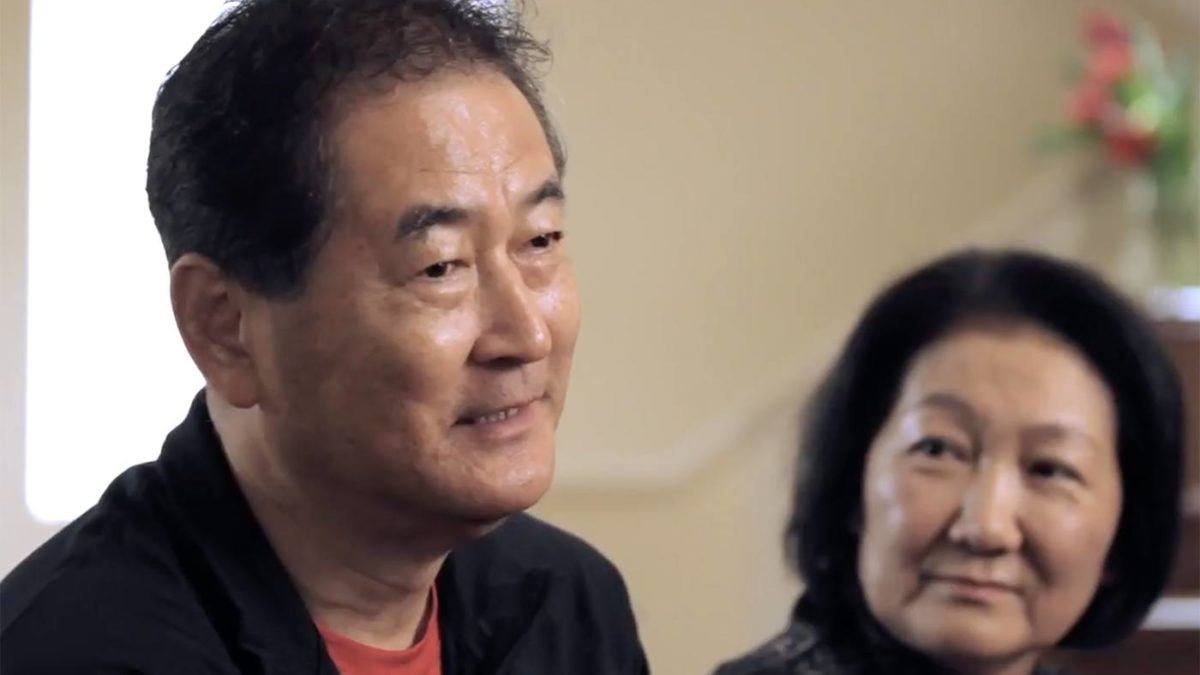 Akiko’s Story – CNS Lymphoma
Experience Akiko’s recovery from CNS Lymphoma.
Akiko’s Story – CNS Lymphoma
Experience Akiko’s recovery from CNS Lymphoma.
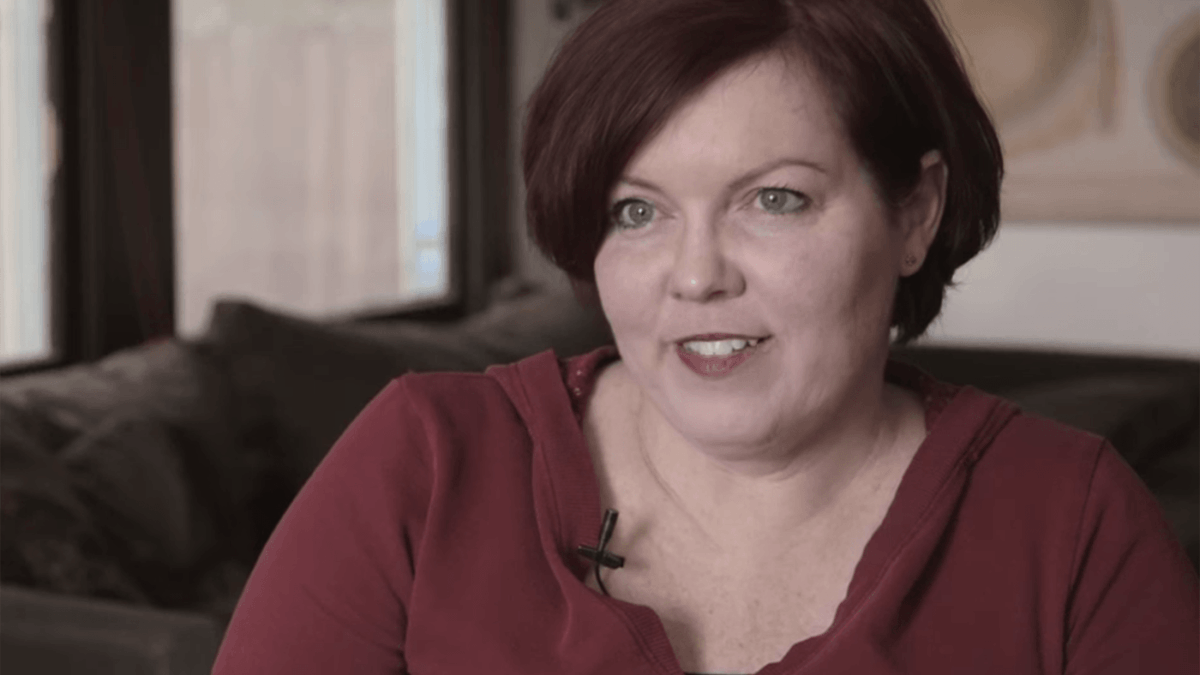 Justine’s Story – metastatic melanoma
Experience an actual account of metastatic melanoma.
Justine’s Story – metastatic melanoma
Experience an actual account of metastatic melanoma.
 Chris’ Story- Meningioma Brain Tumor
Experience and actual account of meningioma.
Chris’ Story- Meningioma Brain Tumor
Experience and actual account of meningioma.
 The Pacific Brain Tumor Center
The Pacific Brain Tumor Center
 Meet Dr. Daniel F. Kelly
Meet Dr. Daniel F. Kelly
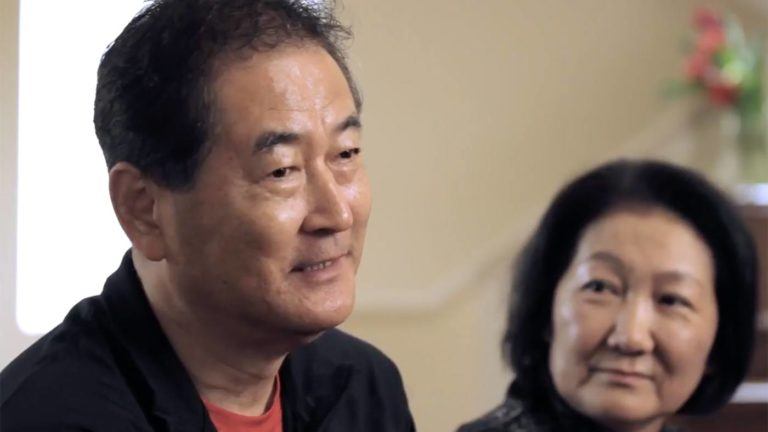
Akiko’s Story | CNS Lymphoma
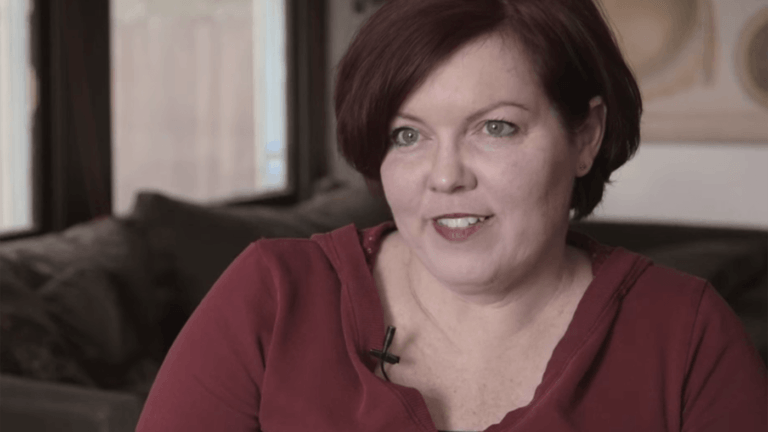
Justine’s Story | Metastatic Melanoma
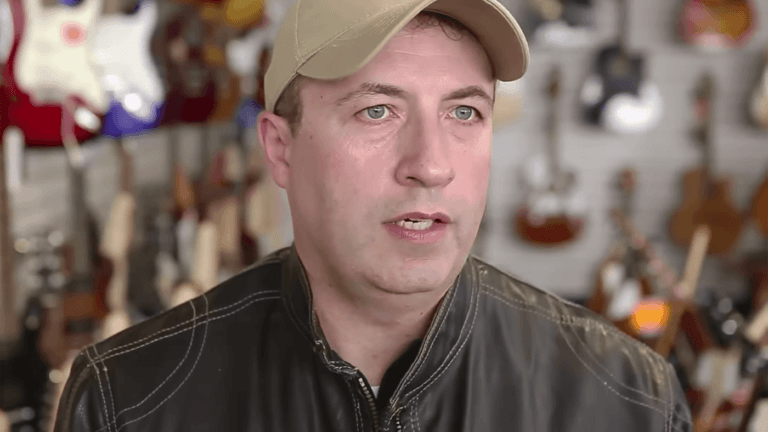
Chris’ Story | Meningioma

The Pacific Brain Tumor Center

